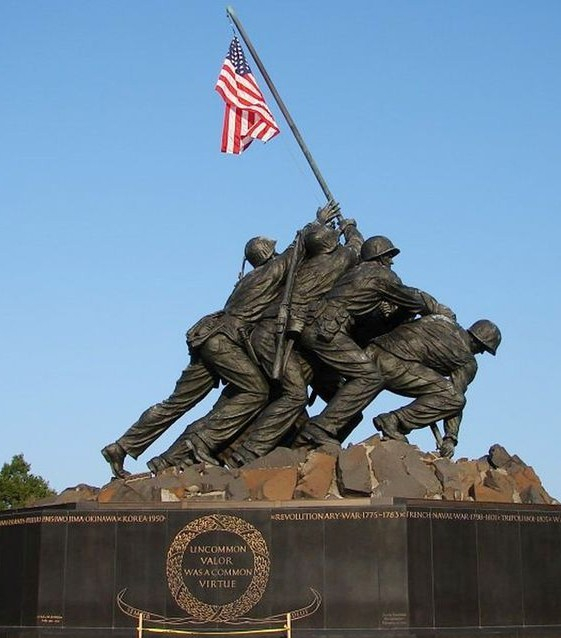The summer I graduated from high school, the Japanese surrendered. World War II veterans I met in college, and after I went to work in Abilene, told me their experiences.
Here are four deceased veterans who I will never forget.
In Abilene, Lee Finch managed a regional insurance office.
In the Philippines, Marine Sargent Lee Finch fought on Corregidor Island. When General Stillwell surrendered, the Japanese imprisoned Lee in a Yokohama POW camp, forcing him to labor on their merchant ships.
Lee told how prisoners heard President Franklin Roosevelt died. And among some 150 Americans imprisoned over three years, only one knew who was Harry Truman?
In Abilene, Army Corporal Andy Anderson managed a jewelry store.
On D-Day, the glider in which he crossed the English Channel crashed in a French forest.
Andy told how medics braced his broken back, then braved enemy fire to carry him to safety.
In Abilene, Mrs. Jimmy Glasser was the mother of two boys to whom her husband Russ and I taught Boy Scout skills.
When we entered the World War II, Jimmy was old enough to train as an aviator in the WAFs. As a member of the women’s aircraft ferrying service she flew a bomber across the Atlantic to England.
In Abilene, Keith Wells was a geologist.
On Iwo Jima, Marine Lieutenant John Keith Wells led his platoon to the base of Mount Suribachi. When a Japanese soldier threw a grenade at Keith’s feet, one of Keith’s platoon fell upon the grenade before it exploded. That Marine was awarded the Congressional Medal of Honor.
Medics rescued Keith. Ferried him to the Navy’s hospital ship.
Keith told how medics wheeled his hospital bed to a porthole where he could watch members of his platoon—now enshrined as a statue—raise the American flag atop Mount Suribachi.
Remembered, again. Memorial Day, 2018.
